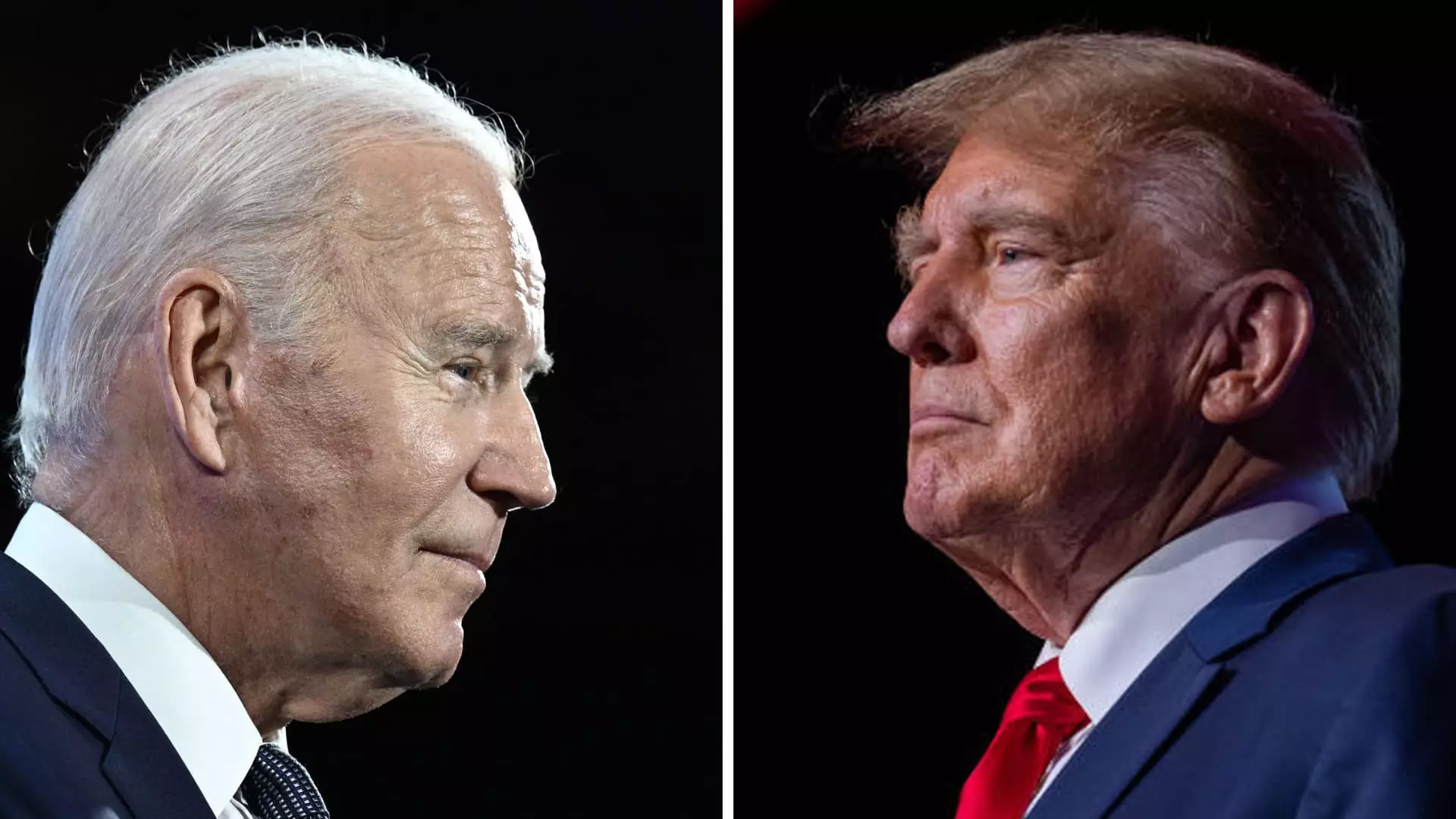The upcoming presidential debate between President Joe Biden and former President Donald Trump is expected to shed light on their respective stances on tax policies. Experts believe that this debate could provide insights into the future of tax breaks introduced under the Tax Cuts and Jobs Act of 2017 (TCJA). Several key provisions of the TCJA are set to expire after 2025, potentially leading to increased taxes for over 60% of tax filers in 2026, according to the Tax Foundation.
Both Biden and Trump have expressed interest in renewing TCJA provisions for the majority of Americans. However, questions arise regarding the cost of these extensions, especially given the federal budget deficit. The Congressional Budget Office estimates that fully extending TCJA provisions could add $4.6 trillion to the deficit over the next decade. This poses a significant challenge for policymakers in deciding the best course of action regarding tax policy moving forward.
President Biden has proposed higher taxes on the ultra-wealthy and corporations to fund TCJA extensions for individuals earning less than $400,000. His fiscal year 2025 budget includes provisions such as increasing the top individual income tax rate on earnings above $400,000 and implementing a 25% minimum tax on wealth exceeding $100 million. However, the fate of these proposals remains uncertain, particularly with the current uncertainty surrounding control of Congress.
Former President Trump, on the other hand, has expressed his intention to fully extend expiring TCJA provisions and has shown support for tariffs as a means of tax policy. He has suggested eliminating taxes on workers’ tips and implementing an “all tariff policy” to replace income tax. Trump’s stance on tax policy, particularly on tariffs, has drawn attention due to its potential impact on American businesses and global competitiveness.
Both candidates have shown varying degrees of support for tariffs, with Trump implementing tariffs on China, Mexico, and the European Union during his term. The persistence of these tariffs under the Biden administration raises questions about the effectiveness of such policies in promoting economic growth and competitiveness. Tariffs can increase input costs for American businesses and create disadvantages for firms attempting to compete globally.
The upcoming presidential debate will offer valuable insights into the contrasting tax policies proposed by President Biden and former President Trump. The discussion on the future of TCJA provisions, the impact of tax policies on the federal budget deficit, and the effectiveness of tariffs in promoting economic competitiveness will be crucial topics for voters to consider. The outcome of this debate could shape the direction of tax policy in the United States for years to come.


Leave a Reply